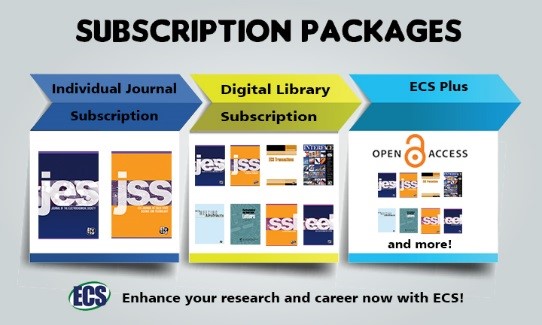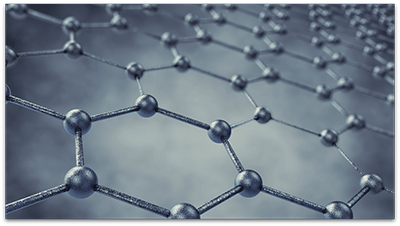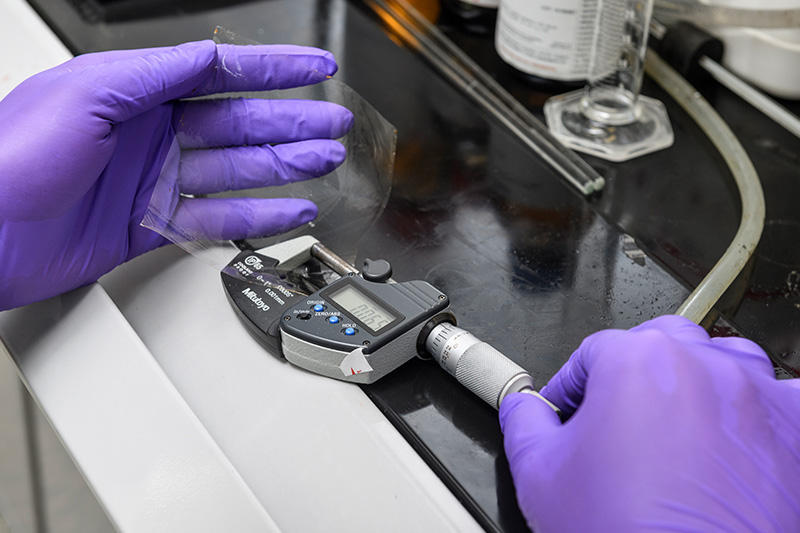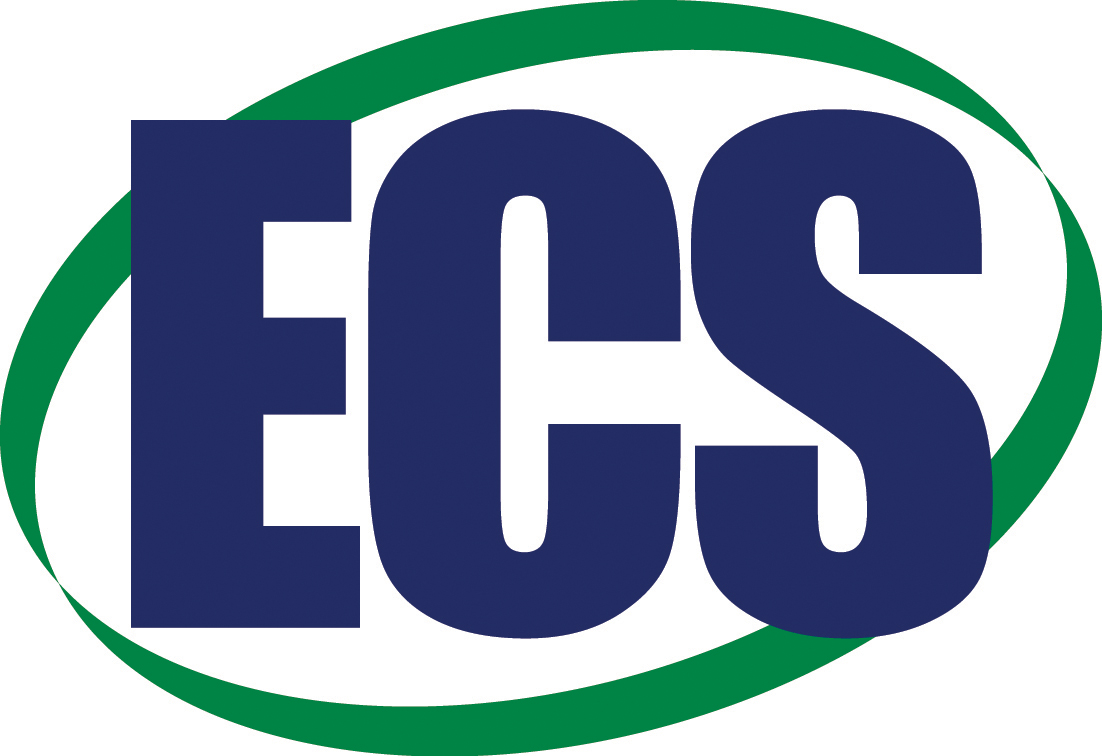ECS celebrates 115 years of academic publishing
 ECS is celebrating its 115th anniversary this year by giving the world a preview of what complete open access to peer-reviewed scientific research will look like. ECS will launch the first Free the Science Week, April 3-9, and take down the paywall to the entire ECS Digital Library, making over 132,000 scientific articles and abstracts free and accessible to everyone.
ECS is celebrating its 115th anniversary this year by giving the world a preview of what complete open access to peer-reviewed scientific research will look like. ECS will launch the first Free the Science Week, April 3-9, and take down the paywall to the entire ECS Digital Library, making over 132,000 scientific articles and abstracts free and accessible to everyone.
In April of 1902, a group of innovative young scientists sought a new forum to discuss, publish, and disseminate developments in the growing field of electrochemistry. They formed the American Electrochemical Society in Philadelphia, the home of independence and the first free public library in the United States; a history befitting an organization that aims to Free the Science around the globe.
More than 100 years later and operating now as ECS, scientists and engineers worldwide are still engaged in our thriving community. Now, as electrochemistry and sold state science & technology become ever more relevant to the future of our planet, holding the keys to innovation in renewable energy, biomedical, water, sanitation, communications, transportation, and infrastructure sectors, ECS is continuing to find ways to lead and influence our scientific field.
Free the Science Week is part of ECS’s long-term Free the Science initiative, which will provide free access to the peer-reviewed research in the entire ECS Digital Library, not just this week, but permanently.
(more…)
 Now is a very important time for institutions to have uninterrupted access to ECS content. A recent evaluation suggests that more than half of ECS published content involves the sustainability of our planet!
Now is a very important time for institutions to have uninterrupted access to ECS content. A recent evaluation suggests that more than half of ECS published content involves the sustainability of our planet!

 Joint research from the Universidad Carlos III de Madrid and the Council for Scientific Research reports the development of a new ceramic electrode for lithium-ion batteries that can lead to cheaper, more efficient, and safer conventional batteries.
Joint research from the Universidad Carlos III de Madrid and the Council for Scientific Research reports the development of a new ceramic electrode for lithium-ion batteries that can lead to cheaper, more efficient, and safer conventional batteries. Have you made your hotel reservations at the
Have you made your hotel reservations at the 
 Graphene could offer a new way to cool tiny chips in phones, computers, and other gadgets.
Graphene could offer a new way to cool tiny chips in phones, computers, and other gadgets. Science funding is intended to support the production of
Science funding is intended to support the production of 
 ECS is celebrating its 115th anniversary this year by giving the world a preview of what complete open access to peer-reviewed scientific research will look like. ECS will launch the first
ECS is celebrating its 115th anniversary this year by giving the world a preview of what complete open access to peer-reviewed scientific research will look like. ECS will launch the first  ECS is partnering with
ECS is partnering with  The
The